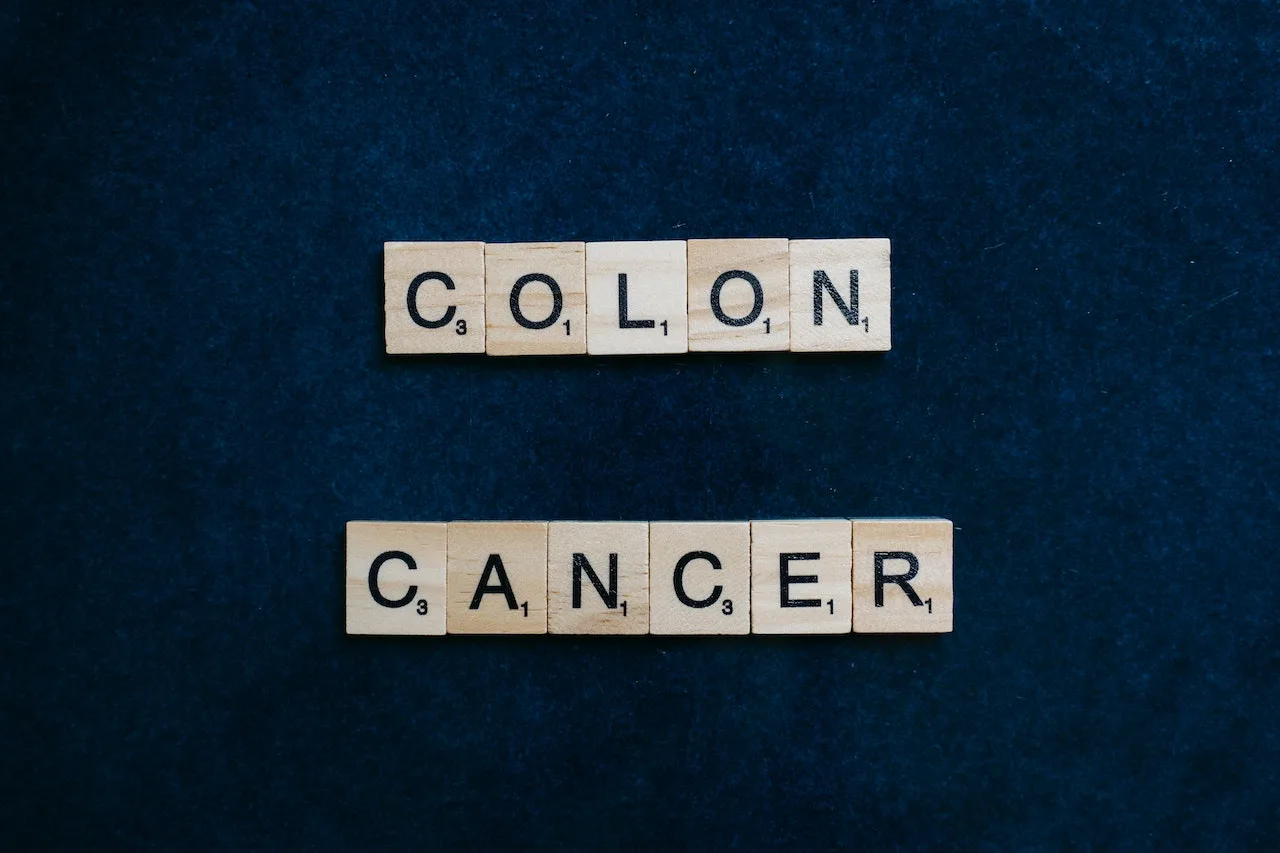March is Colorectal Cancer Awareness Month, and on this week’s edition of Wellness Wednesday, we bring you an expert who is well-versed in this cancer that affects the colon or rectum.
Dr. Smitha Abraham is a clinical oncologist who is currently working in Richards Bay. She spoke to us about this particular cancer and what we should be looking out for. She also discussed why more awareness needs to be raised.
What Is Colon Cancer?
Starting in the colon (the large intestine), which is responsible for carrying digested food to your rectum and out of your body, colorectal cancer develops from growths found in the inner lining of the colon. Dr. Abraham describes precisely how these growths form. She shares the screening tests that can be conducted to establish whether you have this common cancer.
Just How Common Is It?
Colon cancer has been established as the 3rd most common cancer in men, and the 2nd most common in women. Dr. Abrahams explains it as cancer we aren’t conscious of, but it is more dangerous than we think. This is why she places emphasis on the importance of screening, specifically through colonoscopies. The colonoscopies are considered to be “the gold standard of colorectal screening”.
The Importance of Screening
Dr. Abraham explains colonoscopies, describing how the procedure is done using either a colonoscope or a thin, flexible tube with a light and camera. During the colonoscopy, your doctor checks your large intestine for any abnormalities, and may also take tissue samples for a biopsy. This is crucial to determining whether you actually have colorectal cancer, or something less severe, like Irritable Bowel Syndrome (IBS).
The Similarities Between Colon Cancer and IBS
Dr. Abraham shares the similarities of the symptoms presented by these two conditions, and how they’re fairly similar. While they both may result in abdominal discomfort, colon cancer tends to be accompanied by fatigue, bloody stool, and even unexpected weight loss. While doctors aren’t certain of what exactly causes colorectal cancer, Dr. Abraham explains that lifestyle choices may be increasing your risk of being affected by it.
The Risk Factors In Our Lifestyles
Dr. Abraham gives us a comprehensive explanation of common factors that make us more prone to colon cancer, including:
- a lack of exercise
- alcohol consumption
- smoking
- a diet low in fruits and vegetables
- a low-fiber, high-fat diet high in processed meat
Treating colon cancer
Therapies used to treat the disease include medication and radiation through Stereotactic Body Radiotherapy,
Watch The Interview
Dr. Abraham also sheds light on new treatments in Oncology, which allow for targeted therapy, and the successful combination of drugs and chemotherapy. In line with treatment, she speaks on the importance of receiving support during this time, and the stigma surrounding seeking treatment.
To find out more about this, how to protect yourself and loved ones from this cancer, and whether laughing can actually induce cancer, watch the full Wellness Wednesday interview below:
View this post on Instagram





![women [longevity live]](https://longevitylive.com/wp-content/uploads/2020/01/photo-of-women-walking-down-the-street-1116984-100x100.jpg)










